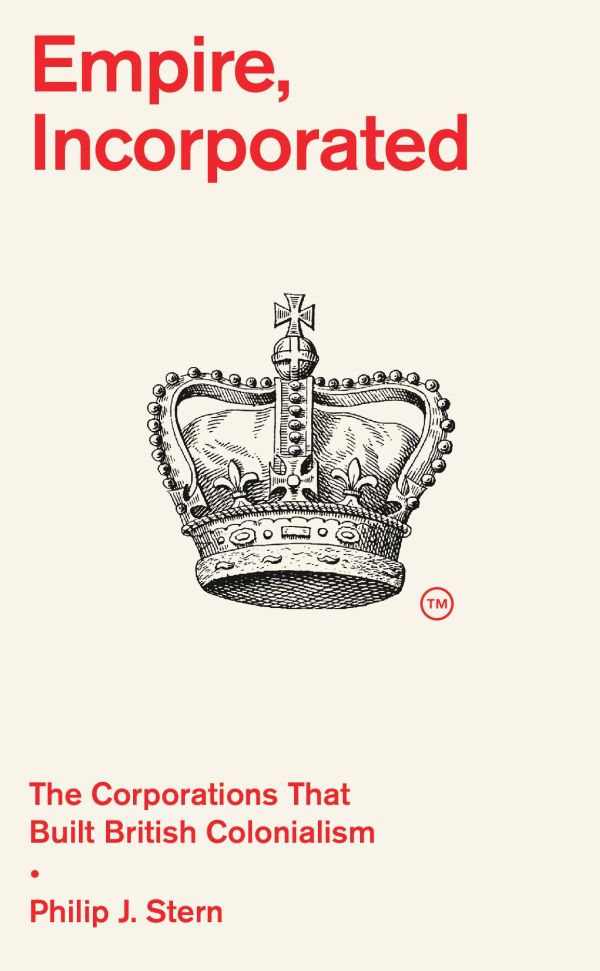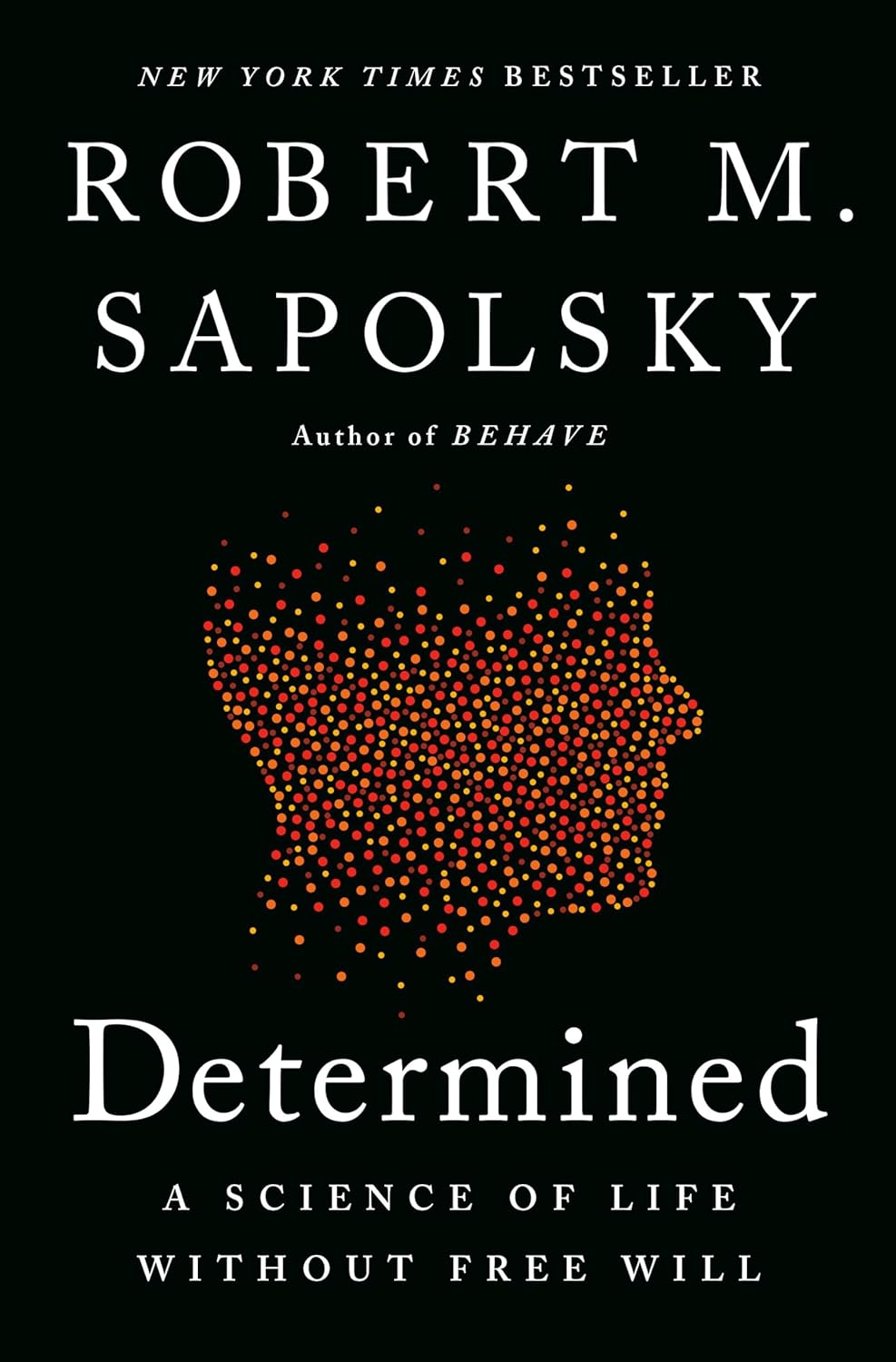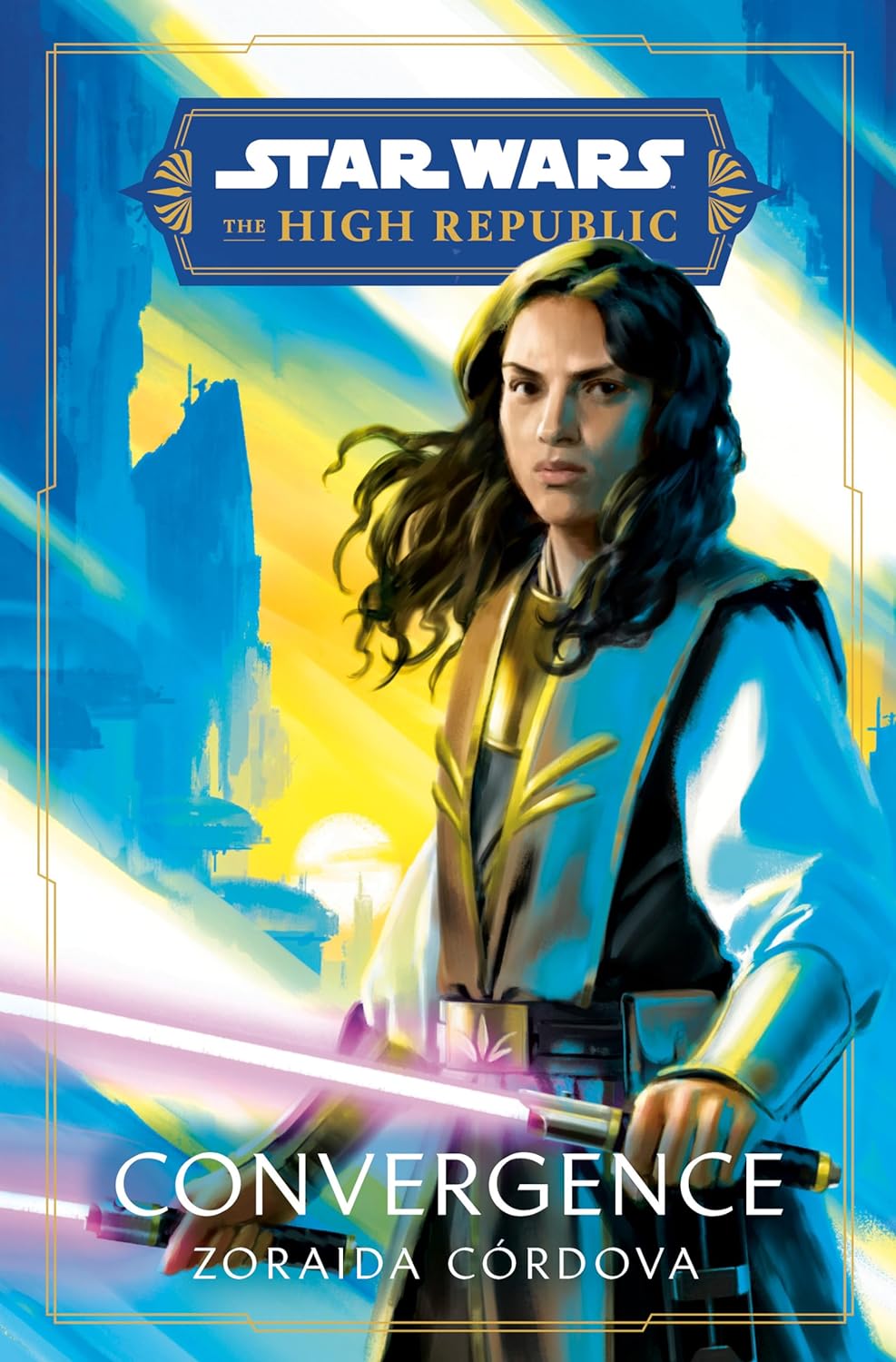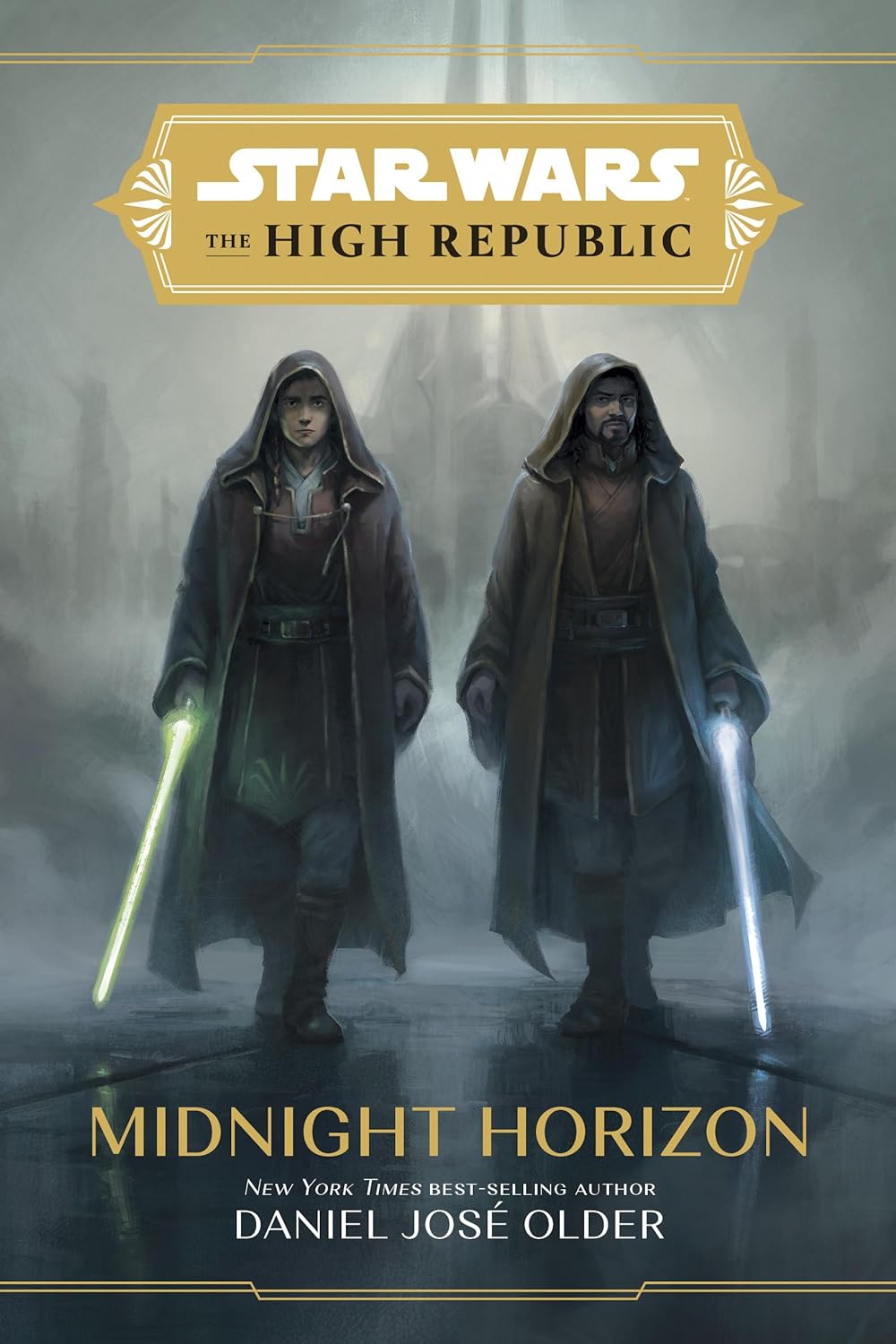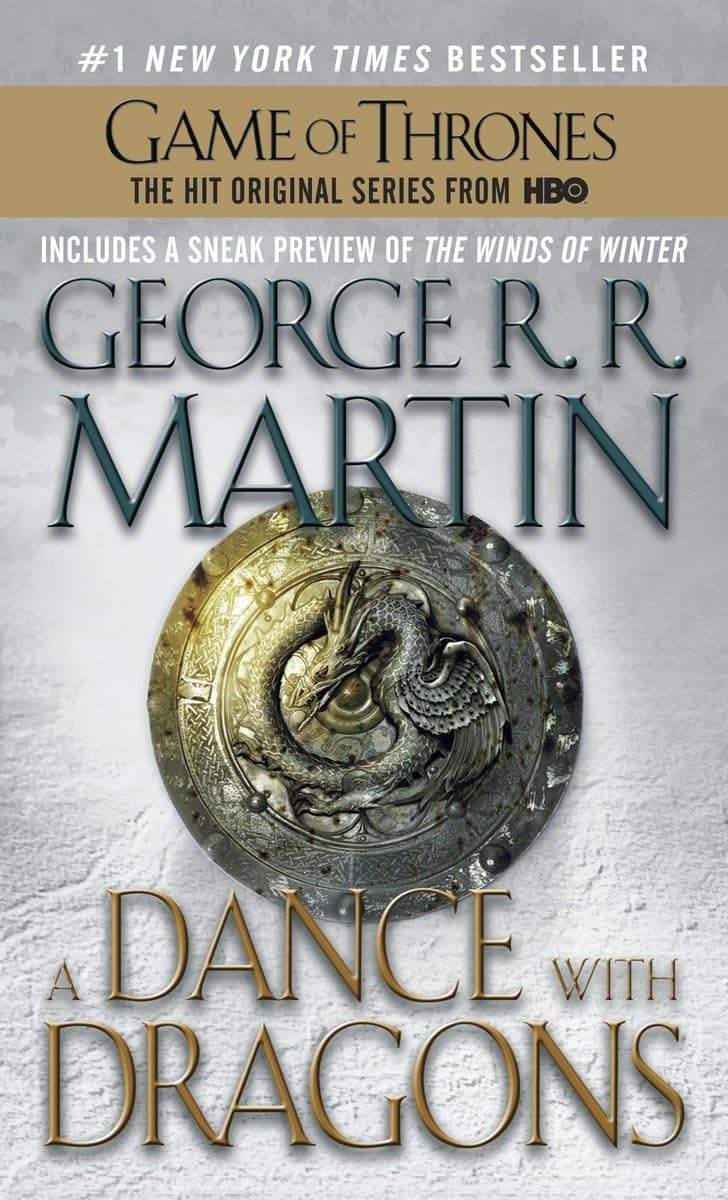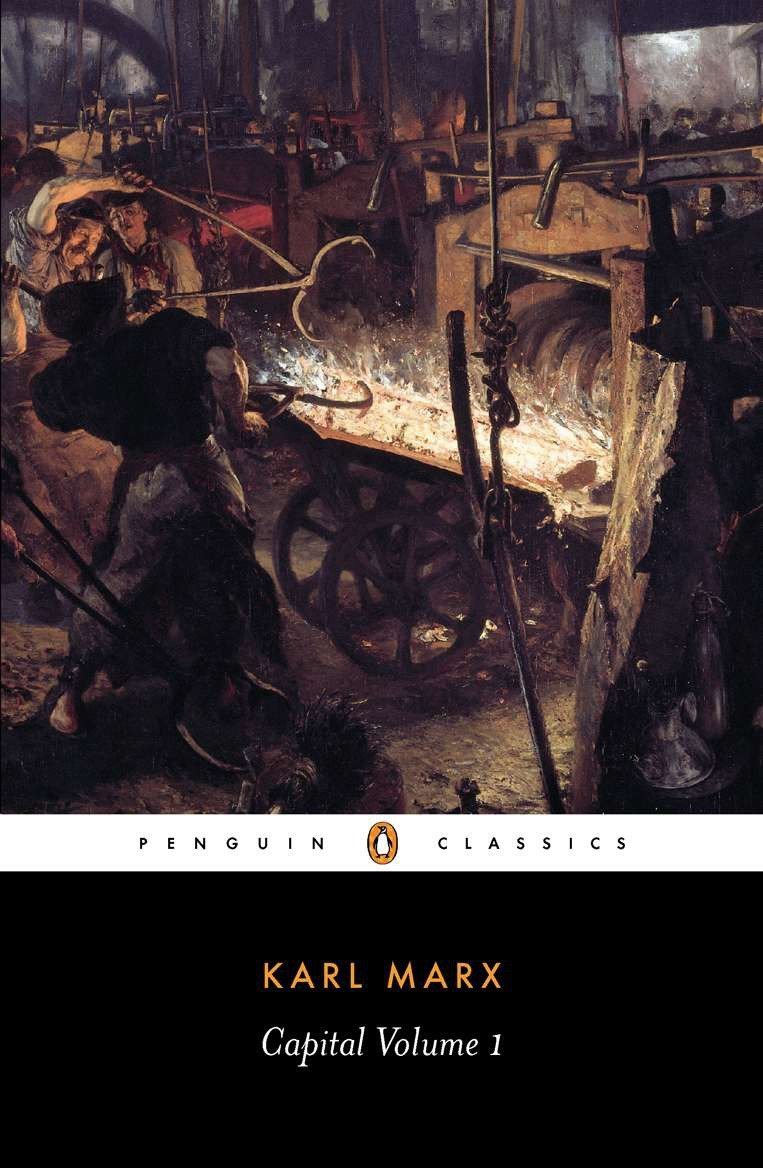The economy and class structure of German fascism, about halfway through highly, highly recommend. Been doing 40-50hr weeks, so haven't had a lot of time for anything  , but I hope to read Divided World Divided Class next and/or some Zhou Enlai writings. Fiction I'd like to read Abu Nuwas' poetry and maybe Paradise Lost, so I can better understand references.
, but I hope to read Divided World Divided Class next and/or some Zhou Enlai writings. Fiction I'd like to read Abu Nuwas' poetry and maybe Paradise Lost, so I can better understand references.
chat
Chat is a text only community for casual conversation, please keep shitposting to the absolute minimum. This is intended to be a separate space from c/chapotraphouse or the daily megathread. Chat does this by being a long-form community where topics will remain from day to day unlike the megathread, and it is distinct from c/chapotraphouse in that we ask you to engage in this community in a genuine way. Please keep shitposting, bits, and irony to a minimum.
As with all communities posts need to abide by the code of conduct, additionally moderators will remove any posts or comments deemed to be inappropriate.
Thank you and happy chatting!
I plan to read Zhou Enlai's writings as well.
Reading the Quran right now. Making super slow work of it, but quite honestly I've been low-functioning for a bit.
Ah, I've read the Qur'an. Do you plan to read the hadiths?
Probably not, but only because there's enough on my tbr list already.
Yeah, fair.
Nonfiction: been reading through a number of different translations and commentaries on the pre-Socratics (or, as I prefer to think of them, the pre-Aristotelians; as I think pre-Socratic is too Platonist of a framing). The big standout has been rereading Kahn's The Art and Thought of Heraclitus; Heraclitus being my favorite ancient philosopher (I got into him thanks to a positive mention in one of Lenin's philosophical notebooks).
Fiction: All Systems Red a short, very fun sci-fi story about a cyborg that calls itself Myrderbot. I love that the main character is non-gendered. Murderbot is extremely relatable.
Plan to read: the rest of the Murderbot books, as I loved the first one. And then all of Plato that I haven't read before. I've read all the dialogues that are commonly read in undergrad programs, like the Republic, Apology, Meno, Crito, etc., but there are many others. I have a pretty low opinion of Plato, but I think he's important to understand.
I'm genuinely curious - why pre-Aristotelians and not pre-Socratic? Wouldn't they have similar problems as terms?
Mostly I just hate Plato and love Aristotle.
So, some of the "pre-Socratics" were alive at the same time as Socrates, so the name is already a bit silly. Further, almost everything we know about Socrates is from Plato (yes, I've read Xenophon, the man didn't have a philosophical bone in his body tbh), so when we say pre-Socratic we're really saying pre-Platonic. This presents Plato as some kind of revolutionary figure: there was philosophy before him and a new philosophy after him. IMO he was a great writer, but philosophically a hack whose interesting ideas were already present in the pre-Socratics, especially Parmenides. He was basically a Pythagorian number worshipping mystic who's followers basically destroyed "Western" philosophy for 2000 years. Aristotle was actually a revolutionary philosopher and a real genius. Marx, for example, is basically an Aristotelean.
IMO, Plato is just another pre-Aristotelian. And far from the most interesting one. I think it's a historical tragedy that so much of his corpus survived, while we have only fragments of fascinating figures like Heraclitus and Parmenides.
Now, this hatred of Plato may be somewhat exaggerated. But given the calamitous effect of Platonism and Christianity (as coopted by the Roman empire it was essentially neo-Platonism) on thr history of philosophy, I think one has to hate Plato beyond what just his dialogues themselves merit.
I always thought that pre-Socratic wasn't really a temporal boundary (after all, Aristotle and Plato were alive at the same time, so pre-Aristotelian also doesn't work in that regard), but rather one of method. My understanding was that most pre-Socratic (sorry) philosophers were essentially speculative, whereas Socrates (or Plato's Socrates) was the first to establish the need for a far more rigorous approach, which all subsequent philosophy is indebted to. So the division, while obviously still artificial, is useful in defining certain trends in philosophy. In any case, Plato (or the Neoplatonists for that matter) is hardly the one to blame for Christianity getting co-opted, that's almost entirely on Paul and Constantine
after all, Aristotle and Plato were alive at the same time, so pre-Aristotelian also doesn't work in that regard
That's fair. I don't really think "pre-Aristotelian" is a particularly good categorization of philosophers though, just a funny rejection of the term "pre-Socratics".
Really the big gap between Plato and the pre-Socratics is that we have many intact texts by Plato, while with the pre-Socratics we have only a handful of quotations preserved in later texts and some dubious paraphrase and summaries, so it's hard to pin down exactly what was going on. But, as far as I can tell, it was really Parmenides and his followers (like Zeno) who established the need for a more rigorous approach. For example: great developments in logic were needed to defeat their arguments that motion and plurality were impossible and only an illusion.
Platonists might not have caused the cooption of Christianity, but most of the really objectionable elements of Christianity are Platonic. Like I'm 100% not a Christian of any kind, but Jesus seemed like kind of a cool dude who wanted to create the kingdom of heaven on earth: a just society were people hold all things in common and shit. All the metaphysical bullshit about souls and the trinity and hating your body and shit is from Plato, Pythagoras, Orphism, and shit like that.
Like, I think even had Christianity not existed, things would have been pretty much just as bad. Everything I hate about Christianity already existed in the Roman empire. In a world without Christ we just get two thousand years of useless wank about the Monad and Dyad instead of the Trinity; hardly an improvement.
I'm finishing Ten Days that Shook the World by Jack Reed, and Moby Dick. Once I'm done with Ten Days I might pick up The German Ideology (since I've only read the first few chapters,) 18th Brumere of LB or E&P Manuscripts of 1844 if I feel like diving into some Marx. I'm more familiar with his economic stuff and want to get into his philosophical works since I finished Spinoza's Ethics.
I also need to read Settlers so I might take another whack at it. Or maybe Black Jacobins by CLR James.
Not sure what I'll read after Moby Dick in the way of fiction, maybe the last Joe Abercrombie book which I really need to read and have been procrastinating on. Or maybe one of the Philip K Dick books in my stack; I love PKD but he is pretty bleak so it's kinda dependent on where my MH is at when I get there.
I wouldn't do "required reading" if I were you. I think that both Settlers and Black Jacobins have been done better by this point in the 21st century.
Hell, I finished Settlers and it's not that good.
Is there some reason why you would try to discourage me from reading either of these? Telling me not to read something is a sure fire way to make sure that I read it (that's dialectics, after all). I'm familiar with criticisms of Settlers, but I've also heard good things from other people who I trust. Its such a touch stone for so many leftists, I need to know where people are coming from. I'm more from the school of "ruthless criticism of all that exists," I have a reading group and a curriculum we are working off of, and Settlers isn't on it, so it's ironic that it's considered required reading. It's literally extracurricular for me.
Also why waive me off of Black Jacobins? I just want to read CLR James, I don't even know what its about.
I'm against "required reading." I feel that too many leftist curriculums online are just repeating the same books.
I feel that one should just read what they want to read next and "go off the beaten path;" if you look at a lot of Google Docs for communist reading lists, it's the same book over and over again and generally older works than their more modern counterparts, which I feel are often more accurate and sometimes nuanced.
But if you want to read both books, go for it.
If you have other suggestions I'd love to hear them. I'd like to read an updated version of a classic. I get where you're coming from, and I've definitely encountered and felt burned by dogmatism on the left. But I also feel like by that same logic someone could incorrectly say to not read Marx or Lenin, which is basically the underlying logic of the "new left" movement, which oversaw the rise of neo liberalism and disintegration of organized labor, and all but complete dismantling of anti imperialist and socialist movements. So, that might be worth considering as well.
Yeah, yeah, I getcha.
Maybe I'm too harsh. I just feel like people read the same books over and over again and nobody's discovering anything new, you know? No new theoretical developments or info. Stuff like that.
Anyway, suggestions include Hinterland by Phil A. Neel and White Trash by Nancy Isenberg. Those are off the top of my head. Oh yeah, and An Ideological History of the Communist Party of China since that gives a lot of context to Mao Zedong's writings and the writings of his contemporaries. I guess you could also read Nikolai Bukharin's (not to be confused with Bakunin) work such as Historical Materialism: A System of Sociology. He was at odds with Stalin, as you may know, but he genuinely had some good writings.
Again, the books I just gave you were off the top of my head and I can try to find you some more that I've read or know about; they're meant to be "obscure" (since I believe that people shouldn't just read "required reading" or should at least try to mix it up a bit).
Also, I hear ya with the "new left" movement of the 60s/70s and beyond; nobody talks about it, but hell, it still affects us even today and in a very negative way.
Thanks for the recommendations! I'll see if I can grab copies off libgen and add them to the stack!
I def get where you're coming from. I wish more orgs actively developed critical thought, and one of my critiques of left orgs/spaces is how many things considered "theory" serve as shibboleths and in-group signalling.
Like the Refused screamed in New Noise:
We enjoy all the wrong moves
We dance to all the wrong songs
We're not changing
Yeah, exactly, and kudos to those verses 'cause I agree with 'em.
